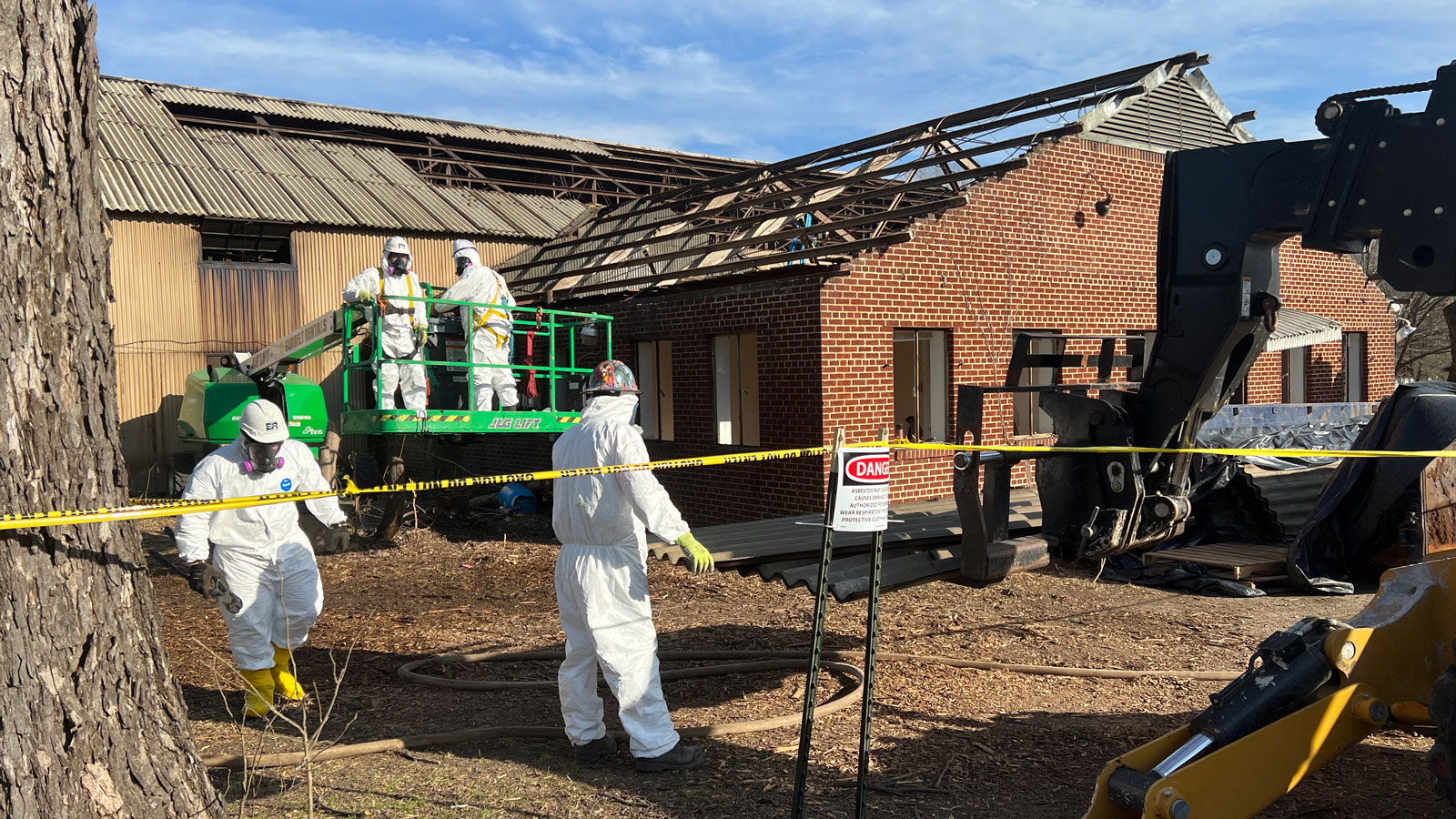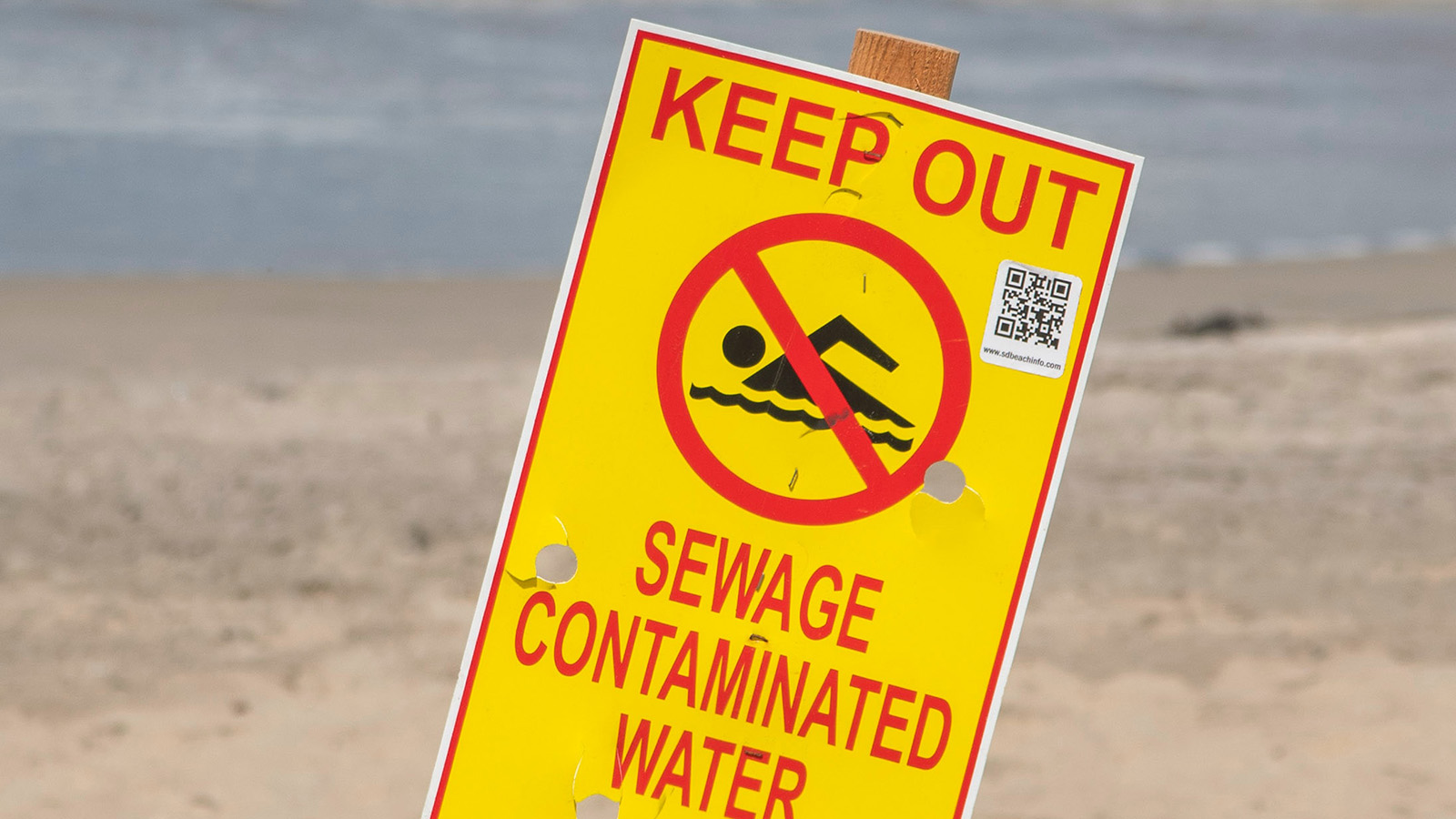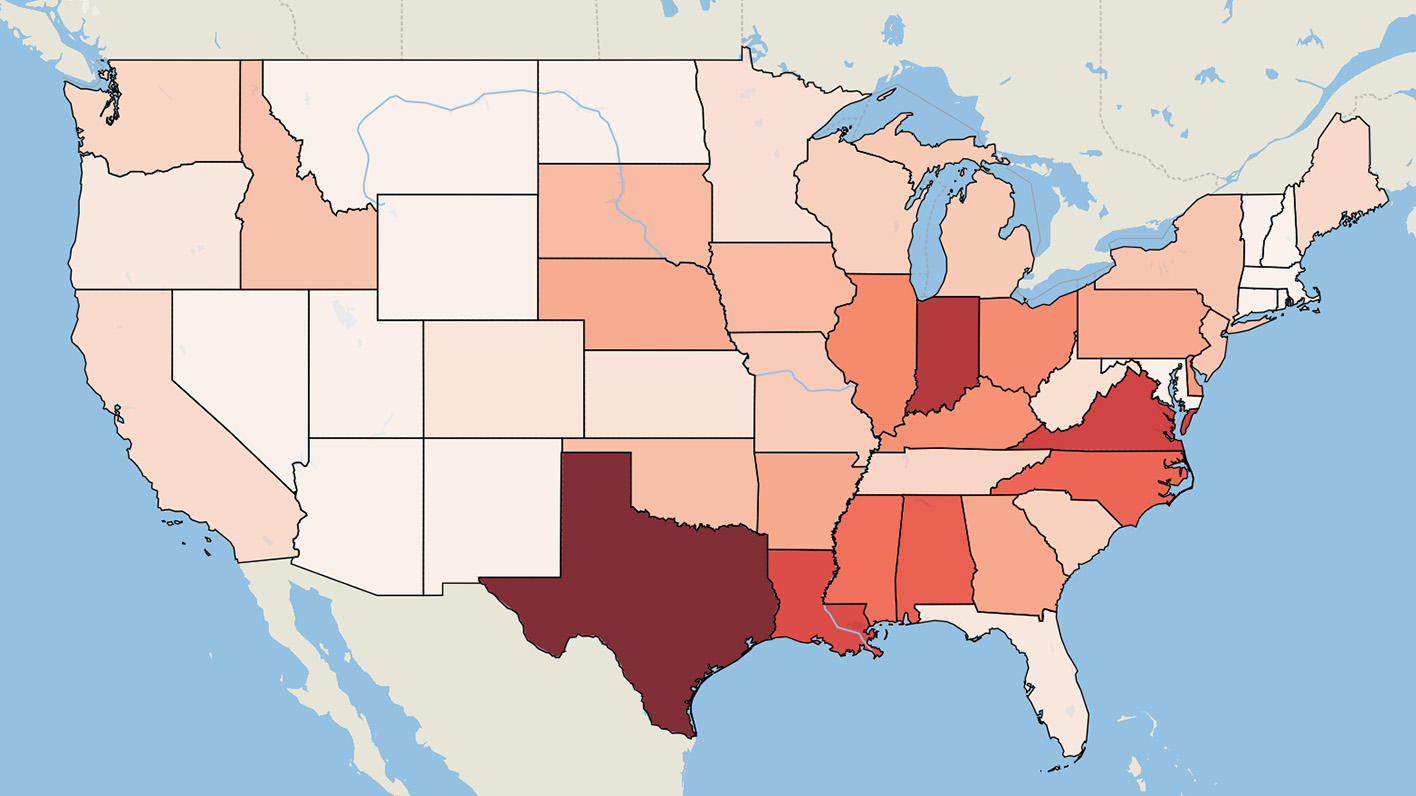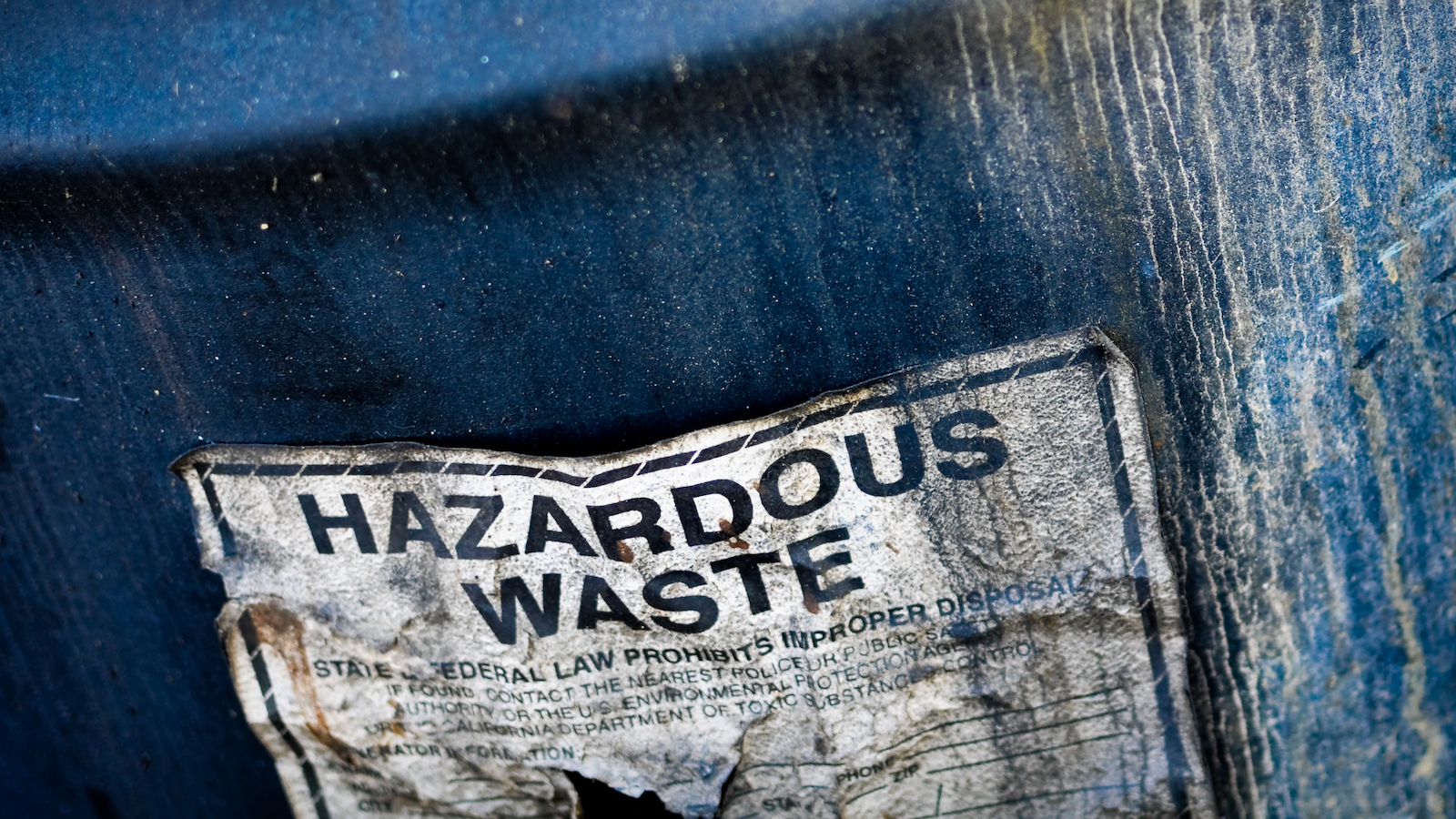
Toxic threats
It’s up to us to protect our ecosystems and communities from toxic chemicals.
Most of the 80,000 chemicals on the market in the United States have been put into use without testing long-term consequences for the environment, or their impacts on our health. We should make sure that any chemical in use is safe, eliminate those we know are dangerous, and stop using any that are damaging healthy ecosystems. And if an industry makes a toxic mess, we should know right away, and they should be the ones to pay for cleaning it up.
The Latest on Toxic threats

Statement: EPA tells power plants to clean up their act
Statement: New rule will aid PFAS clean-ups
Updates
Rhode Island senate approves 10-year deadline to replace lead pipes
Two more states take action to limit lead in schools’ drinking water
What You Can Do
Featured Resources

Superfund Back on Track

Safe for Swimming?

The Threat of “Forever Chemicals”

Who are the top toxic water polluters in your state?
The Latest
EPA sets limits for toxic “forever chemicals” in drinking water
The EPA finalized six limits on PFAS chemicals in drinking water and released $1 billion in bipartisan infrastructure law funding to address PFAS contamination.
Parents and teachers call on EPA to ‘get the lead out’ at school
Groups representing millions of parents and teachers joined environmental and public health advocates to urge the EPA to get the lead out of drinking water at schools and child care centers.
Updated 2023 mid-hurricane season resource guide: data, resources & interview opportunities
The Atlantic hurricane season lasts from June 1 through November 30. This resource guide can help members of the media cover it more thoroughly and accurately.
STATEMENT: President Biden protects Grand Canyon from uranium mining
Baaj Nwaavjo I'tah Kukveni - Ancestral Footprints of the Grand Canyon National Monument will protect critical watershed, wildlife habitat and cultural sites

Has PFAS contaminated your beach?
As summer kicks into high gear and more families are hitting lakes and beaches around the country, the last thing on their minds is potential dangers lurking in the water.

